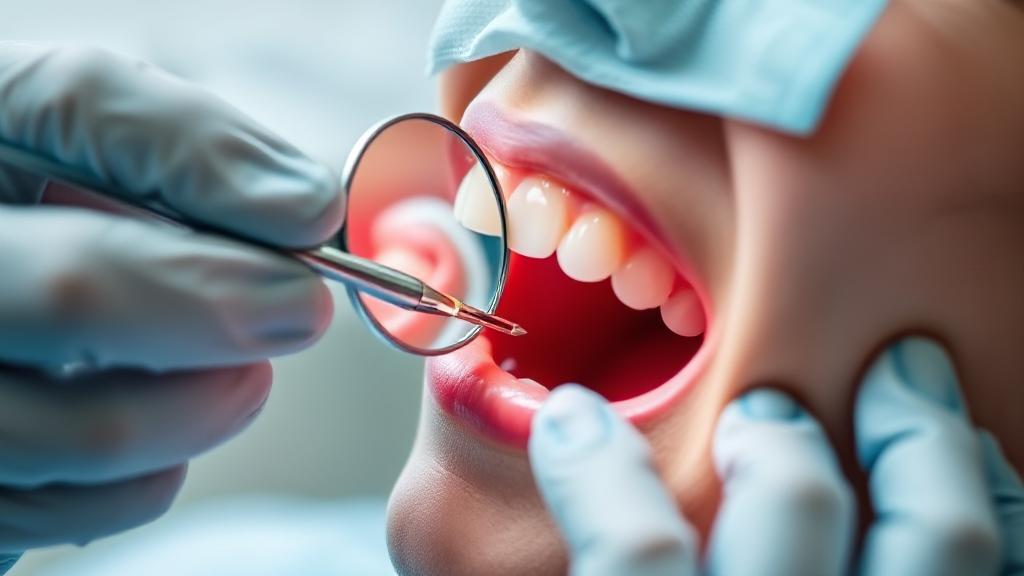Understanding Gum Lumps: Causes and Treatments
A lump in your gum can be an alarming and painful experience. While some lumps are harmless, others may require immediate medical attention. Understanding the potential causes and treatments can help you take appropriate action.
Common Causes
1. Dental Abscess
A dental abscess is a pocket of pus caused by bacterial infection, often resulting from:
- Untreated tooth decay
- Cracked teeth
- Deep periodontal pockets
- Failed root canals
Symptoms: Severe toothache, sensitivity to hot and cold, fever, and facial swelling.
2. Cysts
Dental cysts are fluid-filled sacs that can develop around teeth or in the jawbone. According to the American Dental Association, cysts commonly form around impacted wisdom teeth.
3. Fibromas
Fibromas are benign tumors made of fibrous tissue, typically caused by irritation from:
- Ill-fitting dentures
- Sharp tooth edges
- Frequent cheek biting
Symptoms of Gum Lumps
- Pain or tenderness in the affected area
- Swelling or redness of the gum tissue
- Pus or discharge
- Bad breath or foul taste
- Difficulty chewing or swallowing
Treatment Options
Professional Dental Care
Most gum lumps require evaluation by a dental professional. Treatments include:
- Antibiotics for bacterial infections
- Drainage of abscesses
- Root canal therapy
- Surgical removal of cysts or fibromas
Home Remedies
While awaiting professional treatment:
- Saltwater rinse to reduce bacteria and inflammation
- Warm compress for pain and swelling
- Over-the-counter pain relievers
- Good oral hygiene maintenance
"Any unexplained oral growth that persists for more than two weeks should be evaluated by a dental professional." - Journal of Clinical Dentistry
Risk Factors
| Risk Factor | Impact Level |
|---|---|
| Poor oral hygiene | High |
| Smoking | High |
| Diabetes | Moderate |
| Immune disorders | Moderate |
| Genetic predisposition | Low |
Prevention Strategies
Daily Oral Care
- Brush twice daily
- Floss regularly
- Use antimicrobial mouthwash
Regular Dental Care
- Schedule cleanings every 6 months
- Address dental issues promptly
- Get regular oral cancer screenings
For more information about dental abscesses, visit the American Dental Association or the Oral Cancer Foundation for concerns about oral cancer.
Special Considerations
Always inform your dentist about:
Remember that early intervention typically leads to better outcomes and simpler treatment options. If you experience severe pain, difficulty swallowing, fever, or facial swelling, seek immediate dental care.
